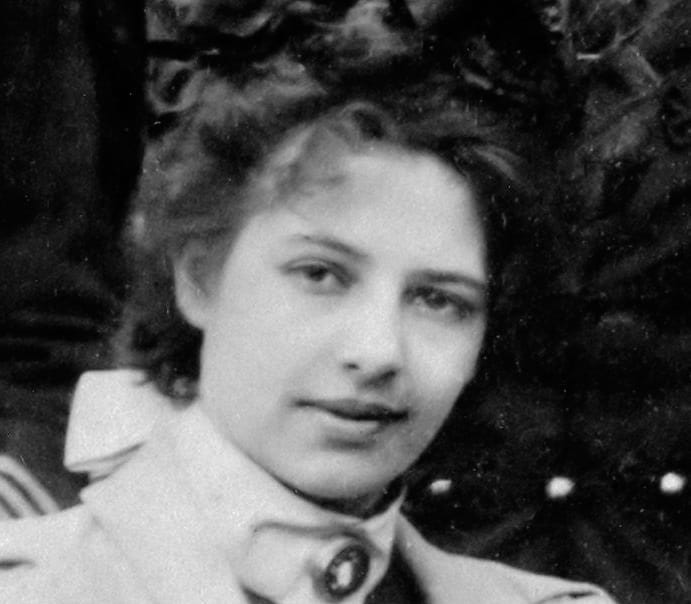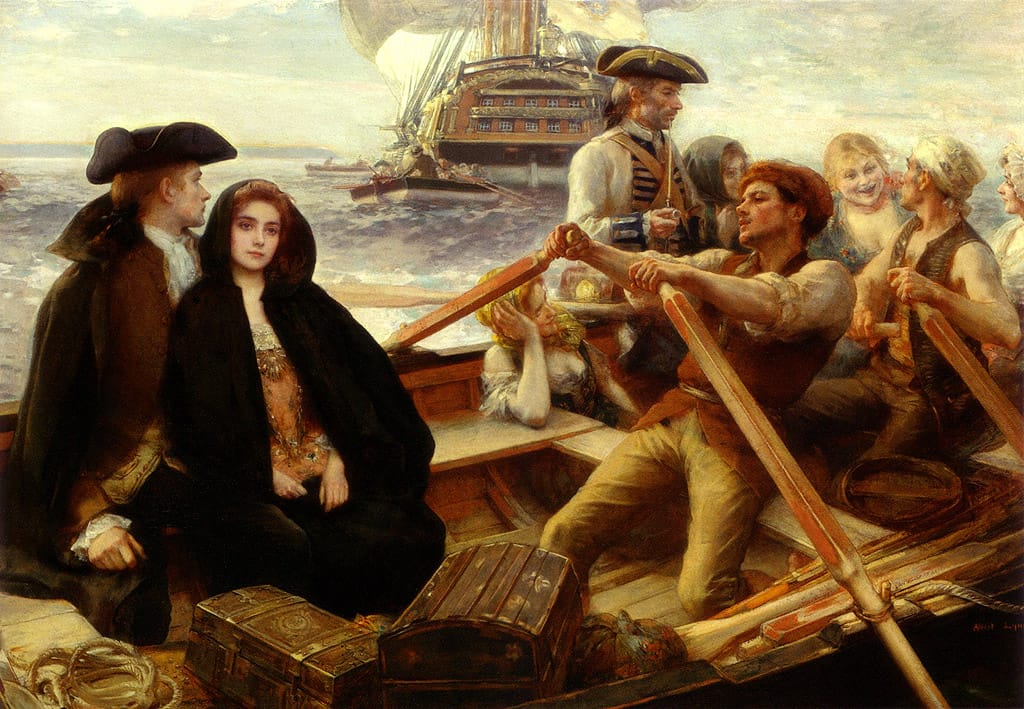Mata Hari as Manon Lascaut?

What happens to the lead female characters in 19th century opera is depressing - how could audiences approve of the (frequently violent) deaths of Carmen, Violetta, Manon, Isolde, Tosca and countless others? At best, these librettos were critiques of awful men and wonderful women and a rigid class system under tremendous pressure to reform, but the fact is that many talented women from working class backgrounds end up dead in these stories. Real life wasn't so different, of course, and Mata Hari is the perfect example, executed by firing squad in Paris in 1917.

The composers Massenet and Puccini saw Mata Hari perform in Massenet’s opera Le Roi de Lahore in Monte Carlo in 1906 and they were certainly taken with her. Was she their Manon Lescaut of earlier times? She was certainly an effective Salomé, capitalizing on the scandal and success of Richard Strauss’ opera of 1905, which was based on Oscar Wilde’s play. She also portrayed Lady Godiva to great effect. While most of these performances were for private audiences, she also performed at la Scala in Milan and, around 1912, was one of the highest paid dancers in Europe. In 1906, she seemed like a survivor.
Mata Hari, who moved into the exotic world of Belle Epoque Paris - theater, dance, horse racing, fashion and of course prostitution - would crash on the rocks of World War I, following in the tradition defined by the tragic figure of Manon Lescaut, whose origins lie back in the 18th century. Abbé Prévost's novel The Story of the Chevalier des Grieux and Manon Lescaut was first published back in 1731.
What I find most interesting about Prévost's story, which was massively influential, is not so much Manon's tragic end, or its unrelenting pessimism, or even that Manon is deported to New Orleans, but that over the centuries she has served as a template on which each age projects its own social and moral views. Which may be why it is the most reprinted novel in French literature.

